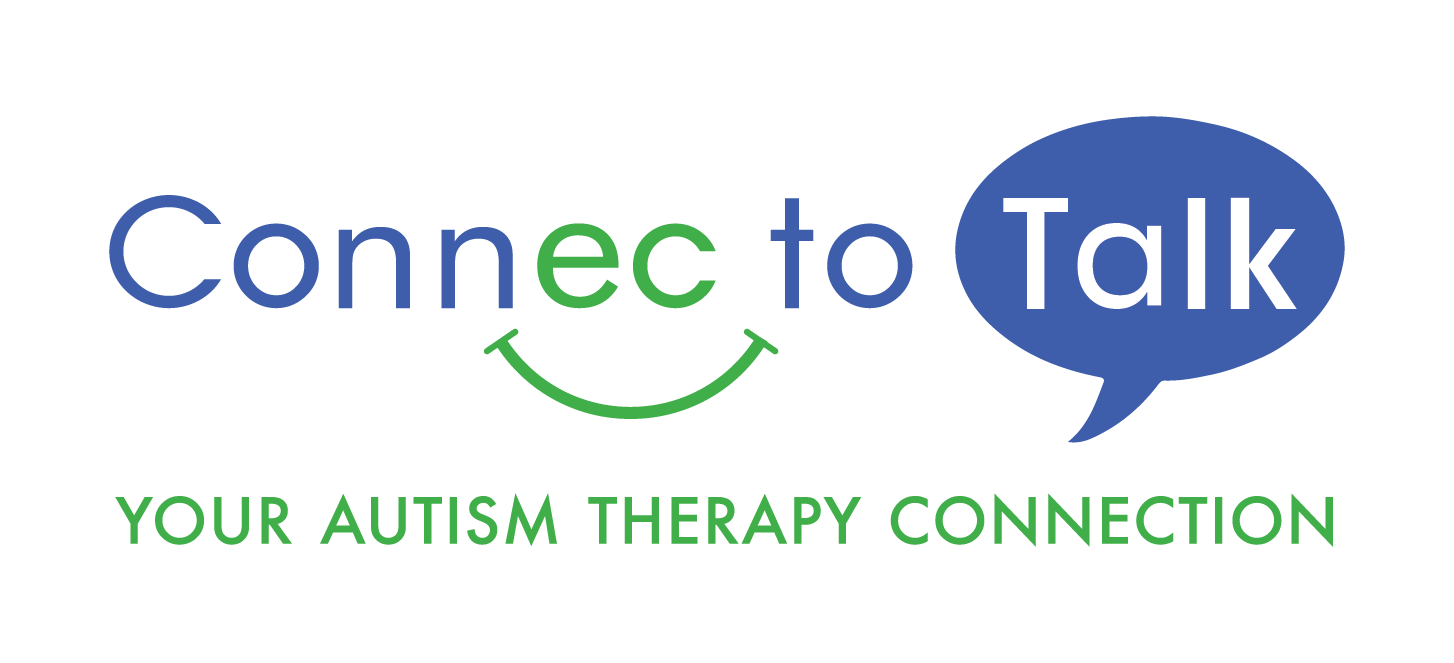![Building Your Child’s Social Skills Start with a conversation to build your child’s social skills How do you communicate with a child who has autism about tough issues, including racism? Our research suggests that you should start any tough conversation with your child by using these communication tips: Use direct language. Autism can cause a very literal mind frame, meaning […]](https://connec-to-talk.com/wp-content/uploads/2022/03/Connec-to-Talk-Website-Mockup-8.png)
Start with a conversation to build your child’s social skills
How do you communicate with a child who has autism about tough issues, including racism? Our research suggests that you should start any tough conversation with your child by using these communication tips:
-
Use direct language. Autism can cause a very literal mind frame, meaning figures of speech and metaphors often do not make sense and can confuse and frustrate. Think about what you wish to say and how you can phrase it directly. This means the child is likely to understand immediately, rather than become frustrated.
-
Pick your moment. If your child is deeply involved in something else, it will be difficult for you to capture his or her attention. Providing a high degree of structure and routine reduces distractions and helps to keep children with autism focused on a learning activity. Interrupting this routine may be upsetting and result in a frustrating interaction between parent and child.
-
Don’t rush. When speaking with children, particularly those with ASD, you need to give them time to process what you are saying and react to it.
-
Try visual cues. Depending on the age, some children are more receptive to pictures and writing. Children with autism benefit from using visual support because processing language quickly can be difficult for them.
-
Pay attention to nonverbal signs. Certain actions might tell you more than words if you know how to interpret them. Nonverbal cues in children can tell you how they are thinking or feeling about what you are saying.
At Connec-to-Talk, our goal is to enable your child to successfully and naturally carry the skills acquired during therapy into everyday living. Social skills are an important part of ABA therapy and can significantly impact a person’s life.
To help lay the groundwork for your child’s social skills, we encourage you to start a conversation about racism with your child. It is commonly understood that children begin to identify others by race between that ages of 3 and 4. As our children’s earliest teachers, we can increase their understanding and acceptance of all human beings. These interactions will help improve their skills needed to build a positive awareness and acceptance of diversity.


Leave a Reply